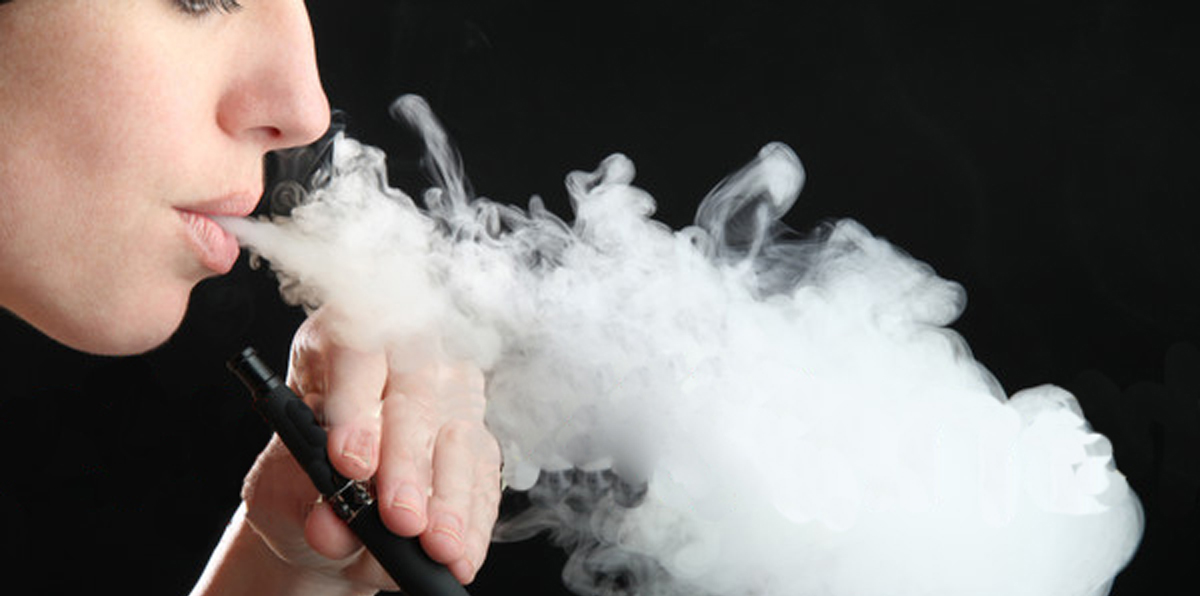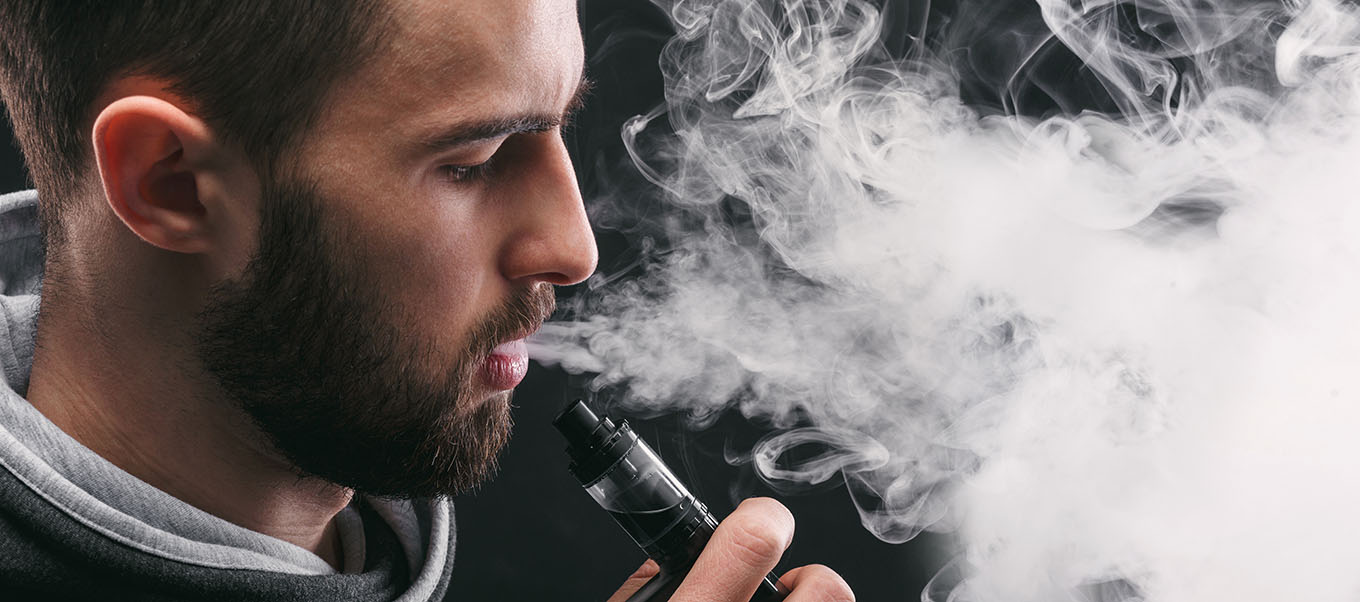WARNING: This product contains nicotine. Nicotine is an addictive chemical.
Vaping has surged in popularity, particularly among young adults and teenagers, sparking curiosity and concern about its potential for addiction. One common question arises: Can hitting a vape one time make you addicted? This guide aims to provide a comprehensive understanding of the risks associated with first-time vaping and how even a single puff can impact your brain and body.
In this guide, we will explore the science behind nicotine addiction, assess the likelihood of dependence from just one vape hit, and discuss early warning signs of nicotine dependence. Additionally, we’ll provide practical strategies for prevention and cessation to help readers make informed choices. Whether you’re considering trying a vape or looking to educate others, this guide offers valuable insights into the addictive potential of vaping.
Nicotine, the primary addictive substance in most e-cigarettes, is known for its potent effects on the brain. When inhaled, nicotine rapidly enters the bloodstream and reaches the brain within seconds. It binds to nicotinic acetylcholine receptors, triggering the release of neurotransmitters like dopamine, which are associated with pleasure and reward. This surge of dopamine reinforces the behavior, encouraging repeated use.
The adolescent brain is particularly susceptible to nicotine addiction. Research indicates that individuals who begin using nicotine before the age of 20 are more likely to develop dependence. This heightened vulnerability is due to ongoing brain development during adolescence, which nicotine can disrupt, leading to long-term changes in cognitive function and impulse control.

While addiction typically develops over repeated exposures, it’s important to recognize that the process can begin with the first use. The initial exposure to nicotine can prime the brain’s reward system, making subsequent use more appealing and increasing the likelihood of dependence. Some individuals may experience a strong desire to continue using nicotine products after just one exposure, especially if they are predisposed to addictive behaviors.
However, the exact threshold for addiction varies among individuals. Factors such as genetics, mental health status, and environmental influences play significant roles in determining how quickly one might develop dependence. Therefore, while not everyone will become addicted after a single vape hit, the risk is present and should not be underestimated.
Identifying the early signs of nicotine addiction can help in addressing the issue before it escalates. Some indicators include:
Cravings: A strong urge to use a vape, even after limited exposure.
Withdrawal Symptoms: Feelings of irritability, anxiety, or restlessness when not using the device.
Increased Tolerance: Needing more nicotine to achieve the same pleasurable effects.
Continued Use Despite Negative Consequences: Persisting in vaping even when it leads to health issues or interpersonal problems.
If you or someone you know exhibits these signs, it’s essential to seek support and consider cessation strategies.

Preventing nicotine addiction is more effective than trying to overcome it after dependence has developed. Here are some strategies:
Education: Understanding the risks associated with vaping can deter initial use.
Healthy Coping Mechanisms: Engaging in physical activities, hobbies, or social groups can reduce the temptation to experiment with vaping.
Support Systems: Talking to trusted friends, family members, or counselors about pressures to vape can provide guidance and encouragement.
For those already experimenting with vaping, early intervention is key. Resources such as counseling services, support groups, and nicotine replacement therapies can assist in quitting and preventing the progression to full-blown addiction.
Vaping has become increasingly popular, raising questions about its addictive potential, especially after just one use. Can hitting a vape one time make you addicted? While addiction typically develops with repeated exposure, even a single hit can trigger the brain’s reward system, increasing the likelihood of dependence. This is particularly true for adolescents, whose developing brains are more vulnerable to nicotine’s effects. Although not everyone will become addicted after one puff, the risk varies based on genetics, mental health, and environmental factors. Recognizing early signs of dependence—such as cravings, withdrawal symptoms, and increased tolerance—is crucial for prevention. Understanding these risks and adopting healthy coping mechanisms can help avoid the path to nicotine addiction.
